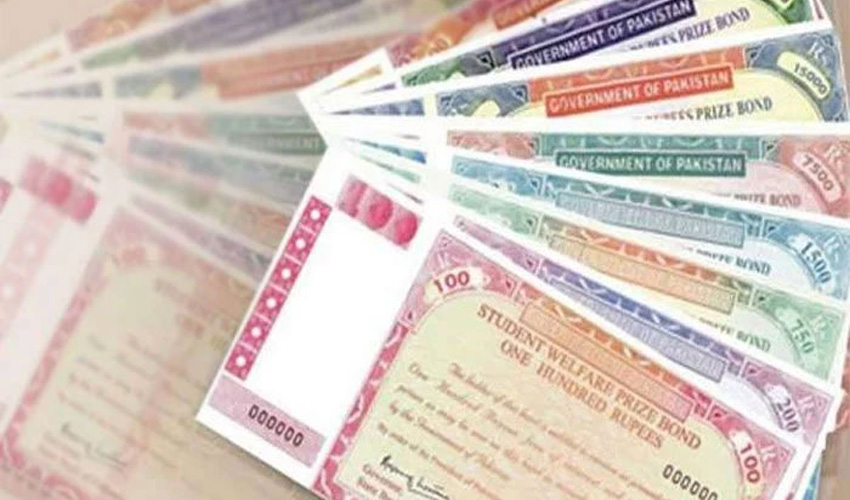World Bank's Regional Vice President for South Asia, Martin Raiser, has said that Pakistan's economy is facing difficult situations, floods, and climate change.
In Pakistan, non-payment of taxes and corruption are obstacles to development, Martin Raiser said while addressing a seminar in Islamabad.
He said political stability is essential for sustainable growth in Pakistan, adding that financial stability is also essential while Pakistan continues to suffer from a debt repayment problem.
The WB official said Pakistan must review its revenues and expenditures afresh. The tax system should be reformed and the tax system in the retail sector should be harmonised.
The sales tax system should be harmonised, and tax system in the property sector improved, Raiser said, adding that 25% of women were currently working or looking for work.
He added that 70% of Pakistan's revenue goes into debt repayment.
Inconsistent policies
Meanwhile, the World Bank has released a report based on possible reforms for Pakistan's bright future.
According to the report, there is a lack of investment and exports due to inconsistency in policies, while Pakistan's agricultural sector is unproductive and stagnant.
According to the World Bank, there are six major problems facing Pakistan, including a human capital crisis.
It says that underutilization of available human resources is affecting the country’s productivity and growth. Moreover, 40% of children under five years of age suffer from stunting.
Pakistan has the highest number of out-of-school children in the world, at over 20 million, according to the World Bank report, adding that 79% of children under 10 years of age are unable to read.
The report further says Pakistan faces a very high fiscal deficit. The fiscal deficit reached its 22-year high of 7.9% at the end of the fiscal year 2022, it adds.
Pakistan's outstanding debt has been found at a record high of 78% above the legal limit, as per the World Bank report. It also notes that there is a lack of investment and exports due to inconsistency in the country’s policies.
Pakistan's agricultural sector is unproductive and stagnant, the report says, adding that the share of the agriculture sector in Pakistan's GDP is 23%. The agricultural sector employs 40% of the labour force, the World Bank says.
It further says the energy sector is unreliable and a burden on the economy, while its circular debt is creating financial difficulties.
The World Bank says Pakistan's public sector is ineffective, while vested interests drive its policy decisions.


























